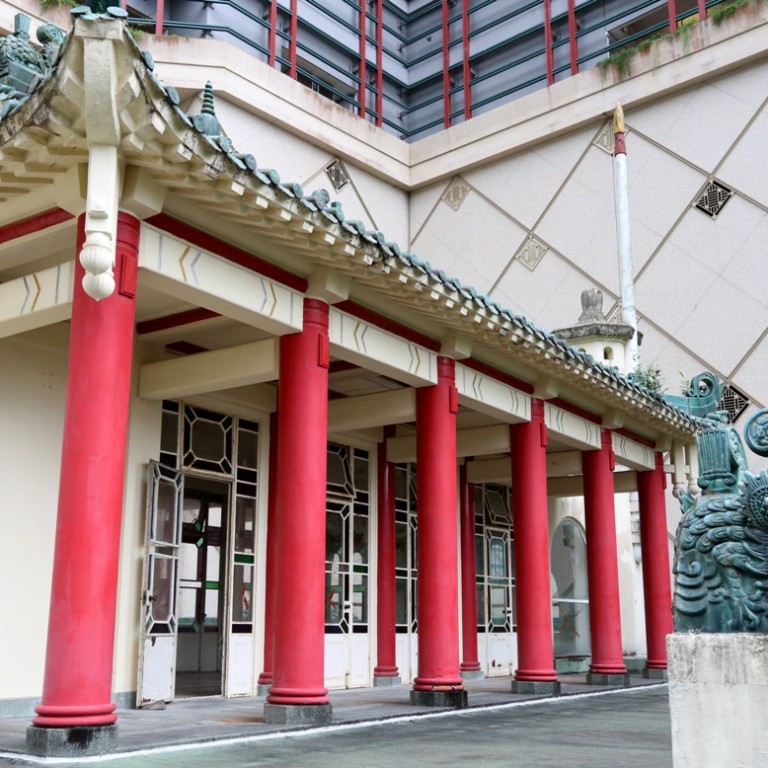
Filibusters have a wider impact
There was never any doubt that the government budget would be passed by the legislature. But a filibuster by a handful of rebel lawmakers is preventing an early approval.
There was never any doubt that the government budget would be passed by the legislature. But a filibuster by a handful of rebel lawmakers is preventing an early approval. Having gone through some 130 hours of scrutiny over the past few weeks, the budget was eventually passed by a majority vote. While the finance chief can now heave a sigh of relief, the battle at the Finance Committee is still dragging on, with many proposals facing delay or cancellation if the requested funding cannot be approved in time.
The latest case that may be affected is the HK$165 million project to turn the historic Haw Par Mansion into a music education centre. The revitalisation plan has already been reviewed as the Occupy protests had led to a decline in sponsorship for non-profit organisations. It remains unclear whether the project will be blocked by lawmakers. But it may be further delayed or even scrapped if the funding cannot be approved by summer, according to the project chief.
The pan-democrats have sought to challenge government proposals and funding requests, in protest against the undemocratic reform imposed by Beijing. Although they have apparently sped up the approval for some funding projects in the last meeting, many non-controversial items are still in the queue. Some projects, such as the proposed sports stadium in Kowloon East, are to be shelved to make way for other more urgent ones.
The impact goes beyond delays and cancellation of individual projects. The government is currently the biggest procurer for public works contractors and other service providers in the private sector, with the total budget adding up to tens of billions of dollars a year. Some construction workers have already taken to the street, saying their job opportunities have been seriously affected by filibustering. Job redundancy has reached 20 per cent at some professional companies as a result of the funding hold-up, according to some news reports.
Filibustering is not uncommon in the West. Powerful as it is, the tactic is used sparingly to block unpopular policies. It was adopted some years ago to force the Hong Kong government to accept a universal pension system. But it becomes so prevalent these days that it risks becoming political rituals with no results. Those resorting to such theatrics may still think it has an appeal to some supporters. But the consequence is, unfortunately, borne by the community as a whole.

